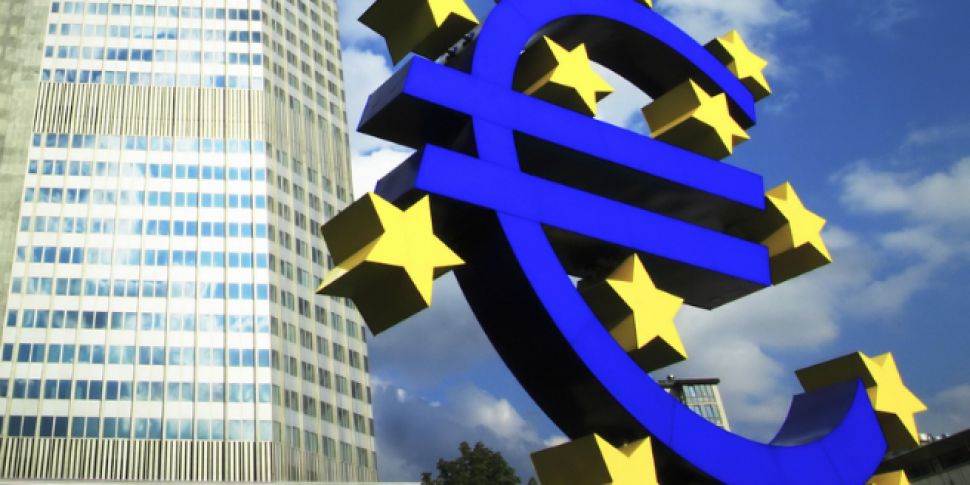Eurostat estimates that prices fell by 0.6 percent across the 19 country euro zone in January - this was a significant increase on the 0.2 percent deflation recorded in December.
This is the biggest one month price drop in the history of the monetary union.
Eurostat graph shows the huge drop in energy costs
Decreases in energy costs have driven this deflation. Oil prices have fallen by 60 percent since the summer - energy prices in the euro zone were down by almost 9 percent in the euro-bloc during January.
It is believed that the effects of low energy costs have spread into other areas of the economy - the cost of food, alcohol and tobacco - and non-energy industrial goods all fell.
The costs of services did go up by 1 percent - but this was slower than the increase of 1.2 percent that was seen in December.
Richard Barwell, senior European economist at Royal Bank of Scotland spoke to Bloomberg - he said: "Falling prices today and alarmingly pessimistic expectations of where prices are heading in the future proves beyond all reasonable doubt it was high time to act,” - speaking about the ECB's recently-announced quantitative easing (QE) programme.
A panel of economists surveyed by the ECB before the QE decision predicted inflation of 0.3 percent across the euro zone in 2015 - and 1.1 percent in the next year.










